Economists’ inequality narratives (on Twitter) before and after the COVID-19 outbreak
Carlo R. M. A. Santagiustina, VIU.

Facilitating citizens’ and scholars’ understanding of social inequality narratives is one of the end objectives of MUHAI.
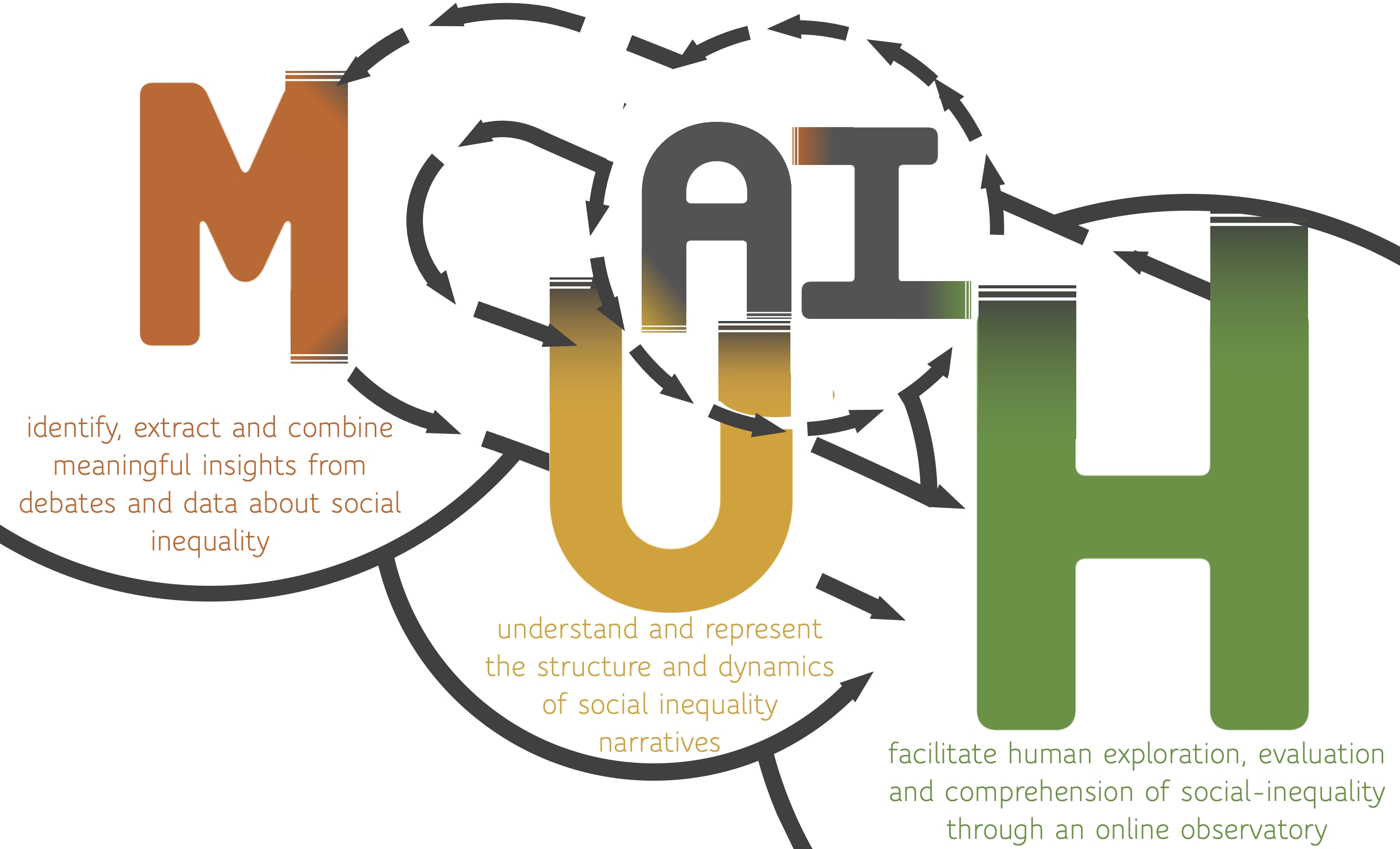
Figure 1: Investigating social inequality (from the MUHAI perspective)
Inequality-related narratives can be created, circulated and employed at two distinct but intertwined debate levels. The first one is made by scholarly and scientific debates, which are mostly carried out by academic researchers and field experts, specialised in the measurement, analysis and modeling of specific types of inequalities, like inequalities of access to health and care services [1]. Experts’ narratives can, for example, be captured through the analysis of peer-reviewed literature, and of related reports and statistics, like those about between-country inequality of access to COVID-19 vaccines. The second level includes societal and popular debates, which increasingly reside on online social media and news platforms, and possibly involve millions of participants, mostly non-specialists. Societal debates can take place on multiple platforms at the same time. These debates and their narratives often focus on the perceived causes and effects of salient events, of policies, and issues creating collective interest or concern, like the COVID-19 pandemic and its consequences on inflation, employment or workers’ productivity.
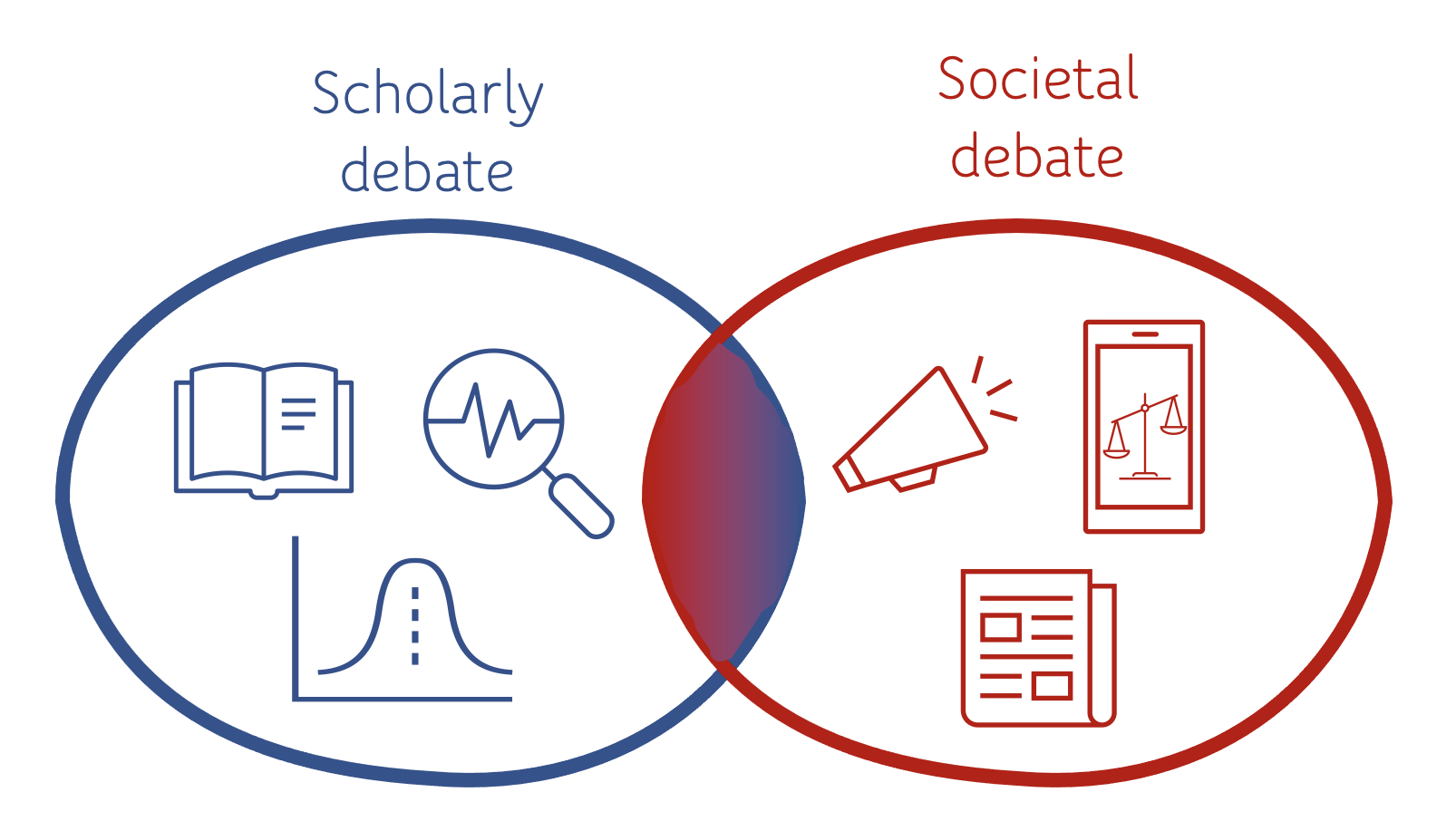 Figure 2: The two levels of the social inequality debate (and their intersection), from [2]
Figure 2: The two levels of the social inequality debate (and their intersection), from [2]
While scholarly debates tend to be technical, formal, subject specific, evidence based, and involve relatively small numbers of knowledgeable participants, societal debates are generally constructed around anecdotal evidence, emotionally salient breaking news, personal experiences, (not necessarily justified) personal worldviews, and ideological positions.
Despite being permeated by subjectivity, partisanship and irrationality, societal debates are very important if one wants to understand inequality narratives, as well as their political use and socio-economic impact. In fact, it is through societal debates that a large spectrum of the civil society gathers information, forms (potentially biased) mental-representations of inequality-related issues, and then, on the basis of the latter, take or justify (potentially suboptimal) decisions.
Participants to societal debates about inequality range from scholars and experts to elected officials, public and private governance bodies, NGOs, activists, and citizens. Among all participants, scholars and experts are the only group taking part in both levels of the debate, and having to base their narratives on justified and explainable representations.
Given the complexity of the debate on social inequalities, to start reconstructing this puzzle, we have focused on economists’ posts published on Twitter. Scholars’ tweets about inequality are an ideal case-study for our investigation, because they allow to explore which inequality-related issues are discussed and spread by them across the Web, which data and news sources they mentioned, how their contents are framed for web audiences, and which of their narratives capture the general public’s attention.
In particular, by looking at economists' Twitter posts we can identify and explore the information sources and argumentation strategies used by specialists. One can also map how inequality interpretation frames ripple from academic literature to social media, possibly affecting the public’s understanding and perceptions of inequality-related issues.
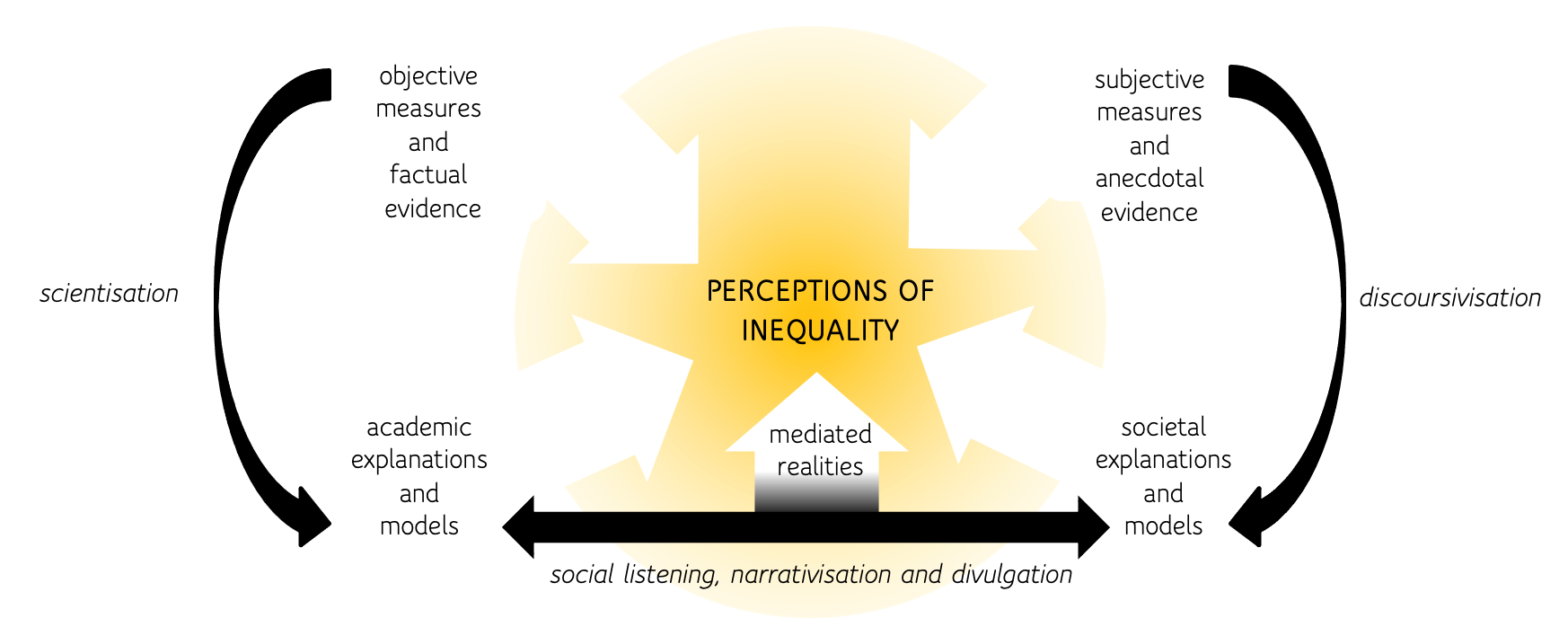 Figure 3: Visual summary of the determinants of the perception of inequality, from [2]
Figure 3: Visual summary of the determinants of the perception of inequality, from [2]
To unveil how inequality narratives are argued in relation to their social(isation) contexts, we analyse 42131 twitter posts written in English explicitly referring to inequality, published by 1428 economists registered in the RePEc online repository (https://ideas.repec.org/i/etwitter.html ).
Tweets in this dataset can be explored by entering (on Twitter) the query (or URL) here below: https://twitter.com/search?q=list%3Arepec_signup%2FEconomists%20%20(inequality%20OR%20inequalities)
https://twitter.com/search?q=list%3Arepec_signup%2FEconomists%20%20(inequality%20OR%20inequalities)
Figure 4 summarises the workflow of the proposed analysis of inequality-related topics, which is based on a seeded Latent Dirichlet Allocation (LDA) model enriched, through the LDA2Net methodology[4], with word dependency relations (weighted using TF-IDF).
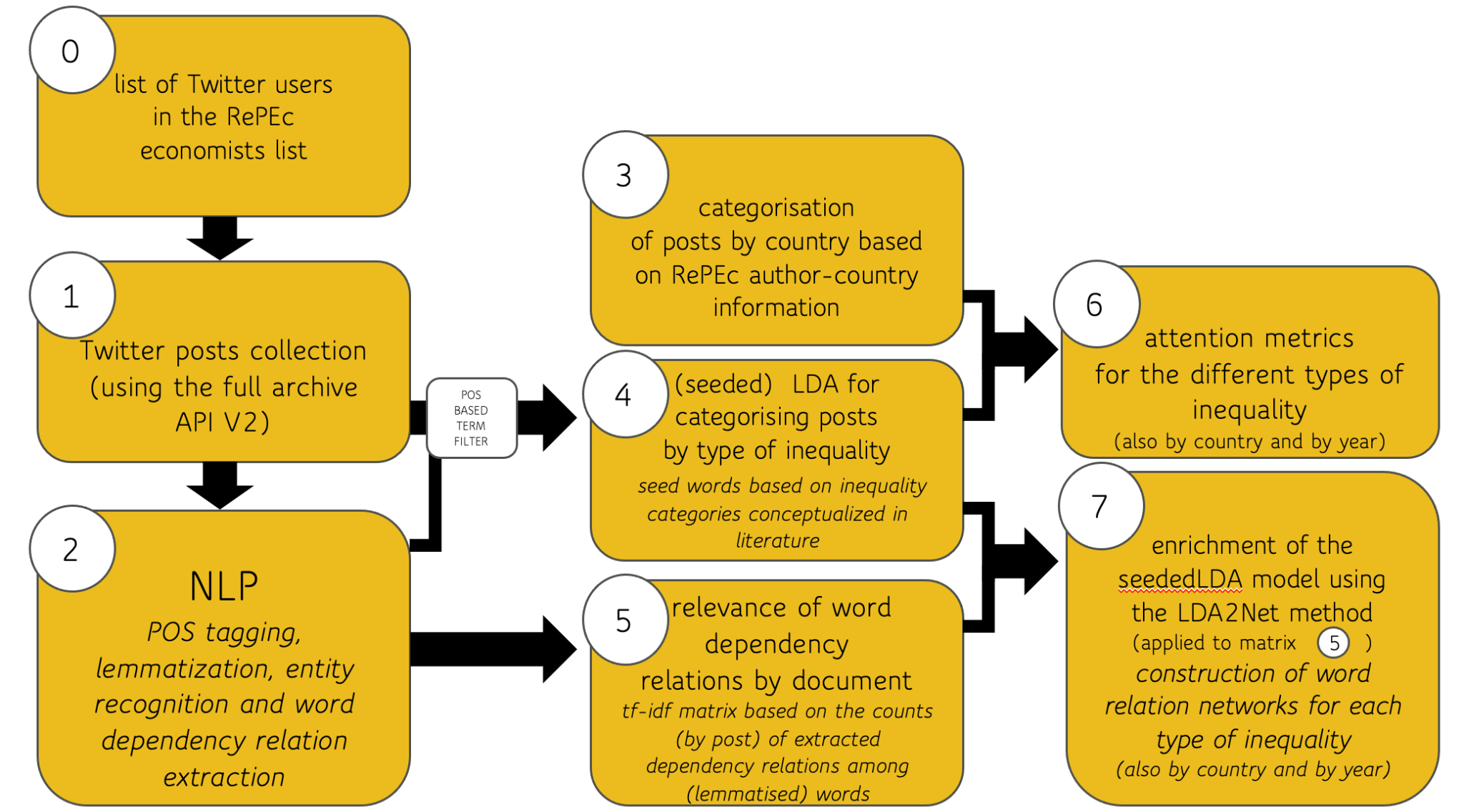 Figure 4: Visual summary of the workflow.
Figure 4: Visual summary of the workflow.
Differently from (more) technical aspects of the policy debate, inequality-related issues discussed in tweets tend to fuel the interest and concerns of large audiences: on average, each tweet about inequality posted by a RePEc scholar is retweeted nine times, and quoted or replied to by two other tweets.
As shown in Figure 5, which displays the top named entities and URL domain (by category), a great variety of generalist and specialised news sources are mentioned in tweets about inequality.
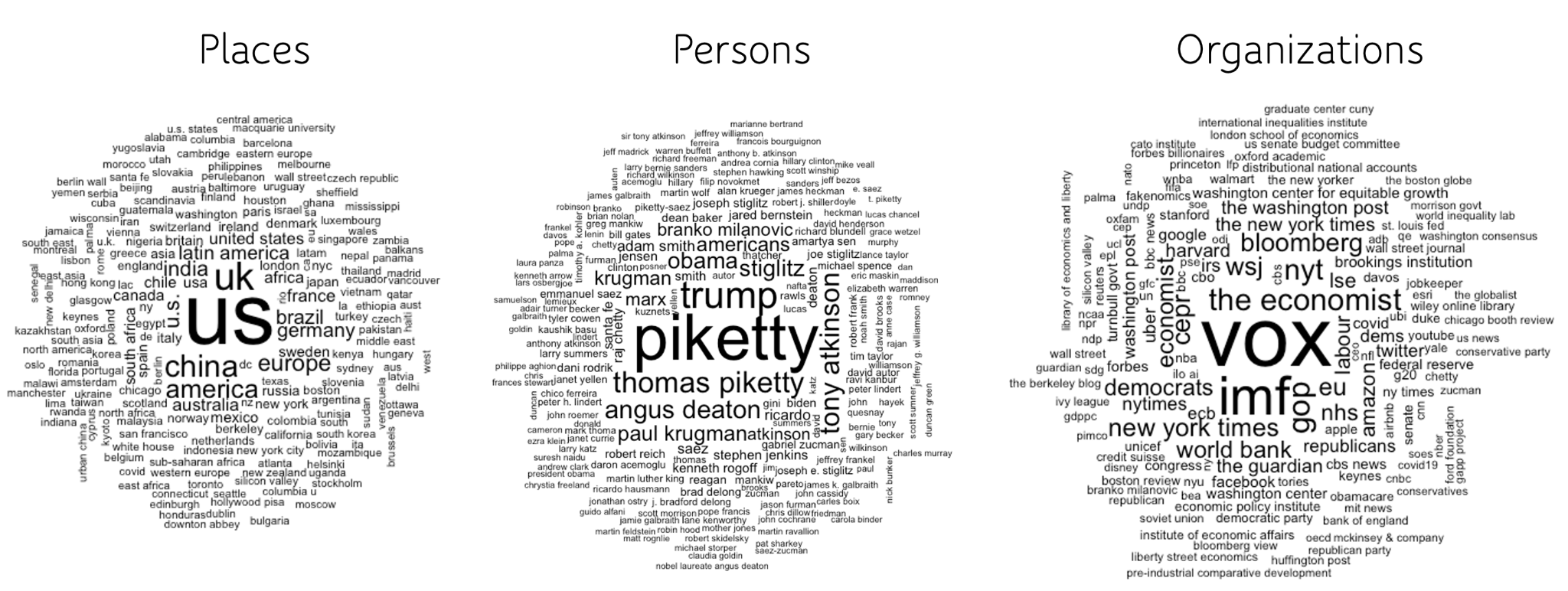
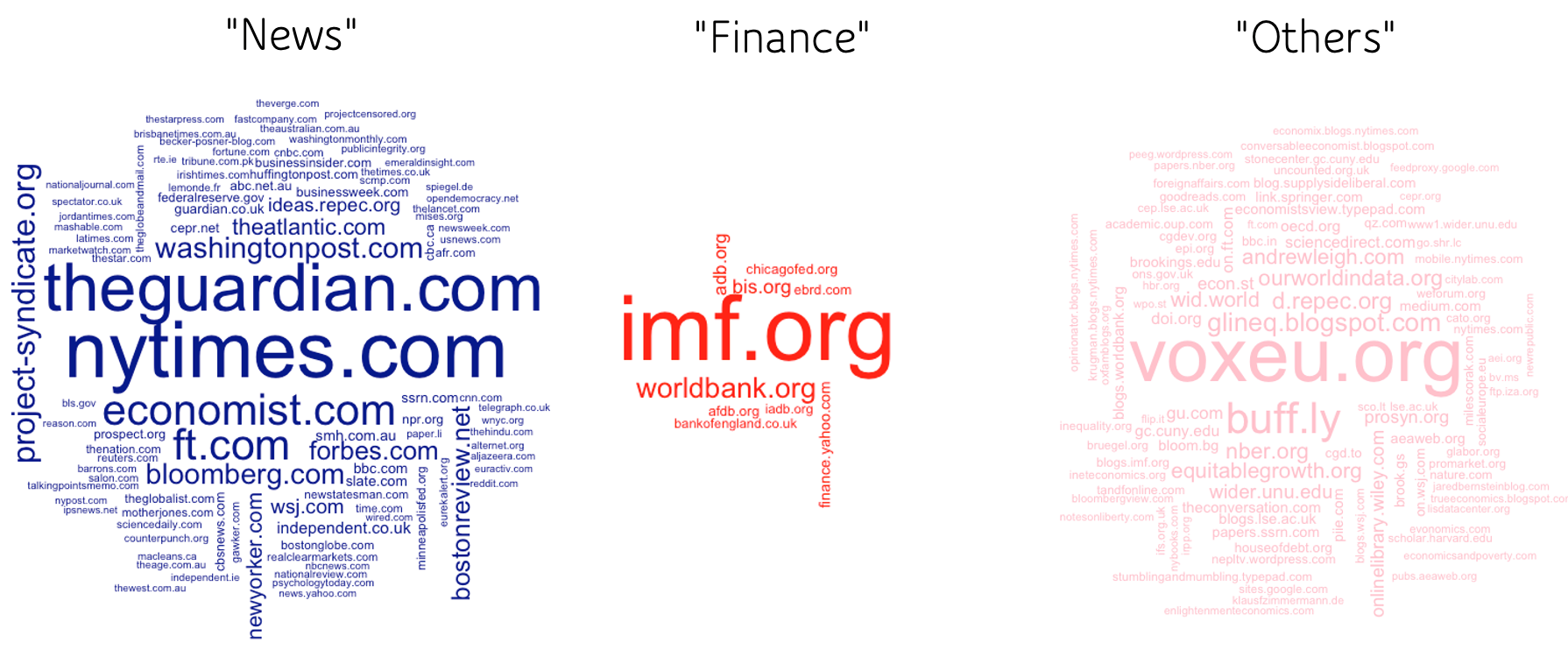
Figure 5: Wordcloud of (top 200) most mentioned named entities and URL domains (by category).
As expected, frequently mentioned Places include English speaking countries, like the U.S., U.K. and India, but also, other (non-English speaking) developing countries like Brazil and China, which clearly emerge among the top ranked Places in tweets about inequality. For what concerns Persons mentions, the wordcloud contains a mix of names referring to political figures, like Biden and Obama, and renowned economists working in the field of social or economic inequality, like Piketty, Deaton, Atkinson, Stiglitz, among others, with the latter group being relatively more relevant than the former one. This suggests that the online debate about inequality heavily focuses on academic works and (divulgative) books on related issues. Finally, the wordcloud of most mentioned Organizations shows that, besides media outlets, also the policy recommendations of international organizations, like the IMF, the WorldBank, are often discussed in scholars’ posts related to inequality.
It is well known that the public perception of inequalities is closely related to salient events and rapidly evolving themes capable of generating social concerns. Therefore, by analysing economists’ attention (across time) to different topics (i.e., types of inequalities), we can understand which issues are trending, and which ones are relatively neglected, with respect to others, both at the worldwide scale or in specific countries. These dynamics are summarised in Figure 6, which shows the evolution of RePEc economists’ attention to the different types of inequality.
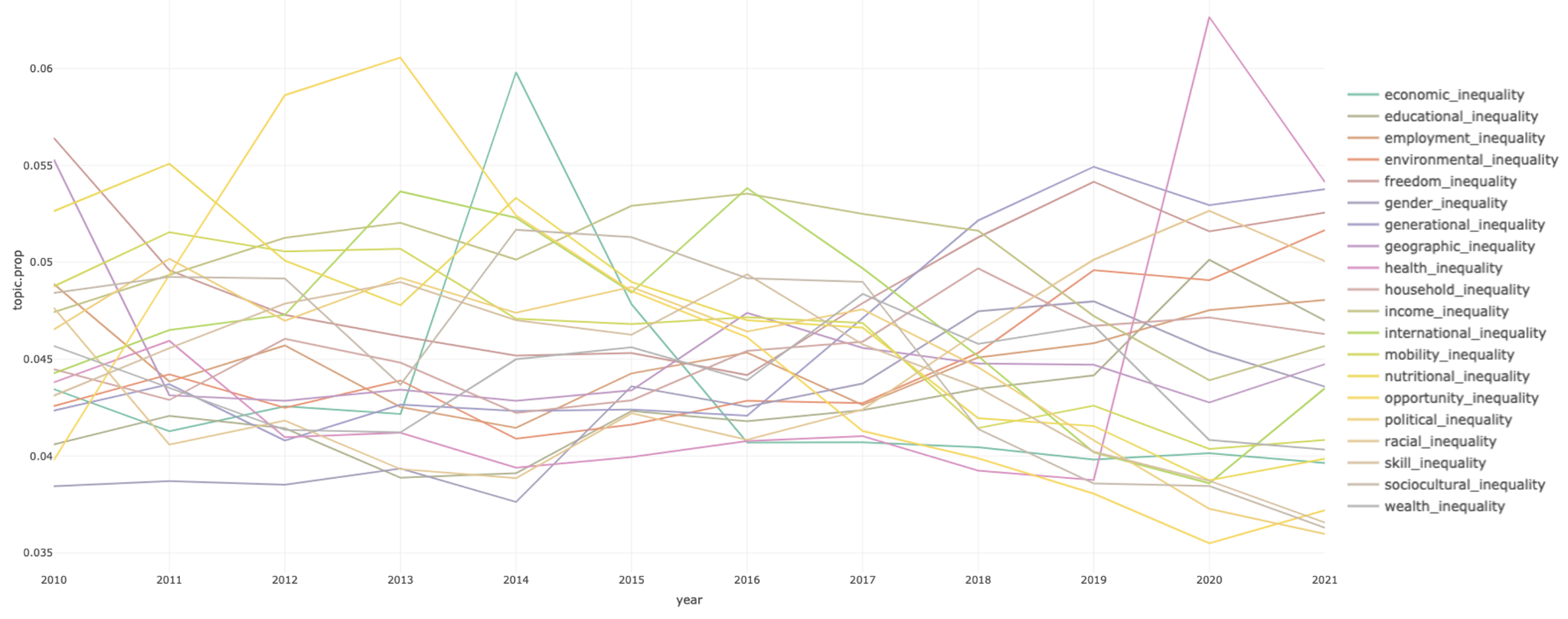
Figure 6: Average topic propensities in tweets, by year and by topic (i.e, inequality type)
As Figure 6 shows, the attention towards different types of inequalities varies a lot from year to year. In particular, during the last two years (2020-2021) we can clearly notice the effect of the COVID-19 pandemic on the attention to health inequality, which jumped from the third last position to the first position, in only one year. This example suggests that scholars’ debate about inequalities is reactive to exogenous events, like a pandemic, which may rapidly reshape inequality figures and their perceptions, at the worldwide scale.
Figure 7 represents, respectively, the topic-specific narratives networks for the Health inequality (top figure) and Education inequality (bottom figure) topics in the years 2019 and 2020, this, to capture possible changes in the narratives related to these types of inequalities, occurring the year of the COVID-19 outbreak.
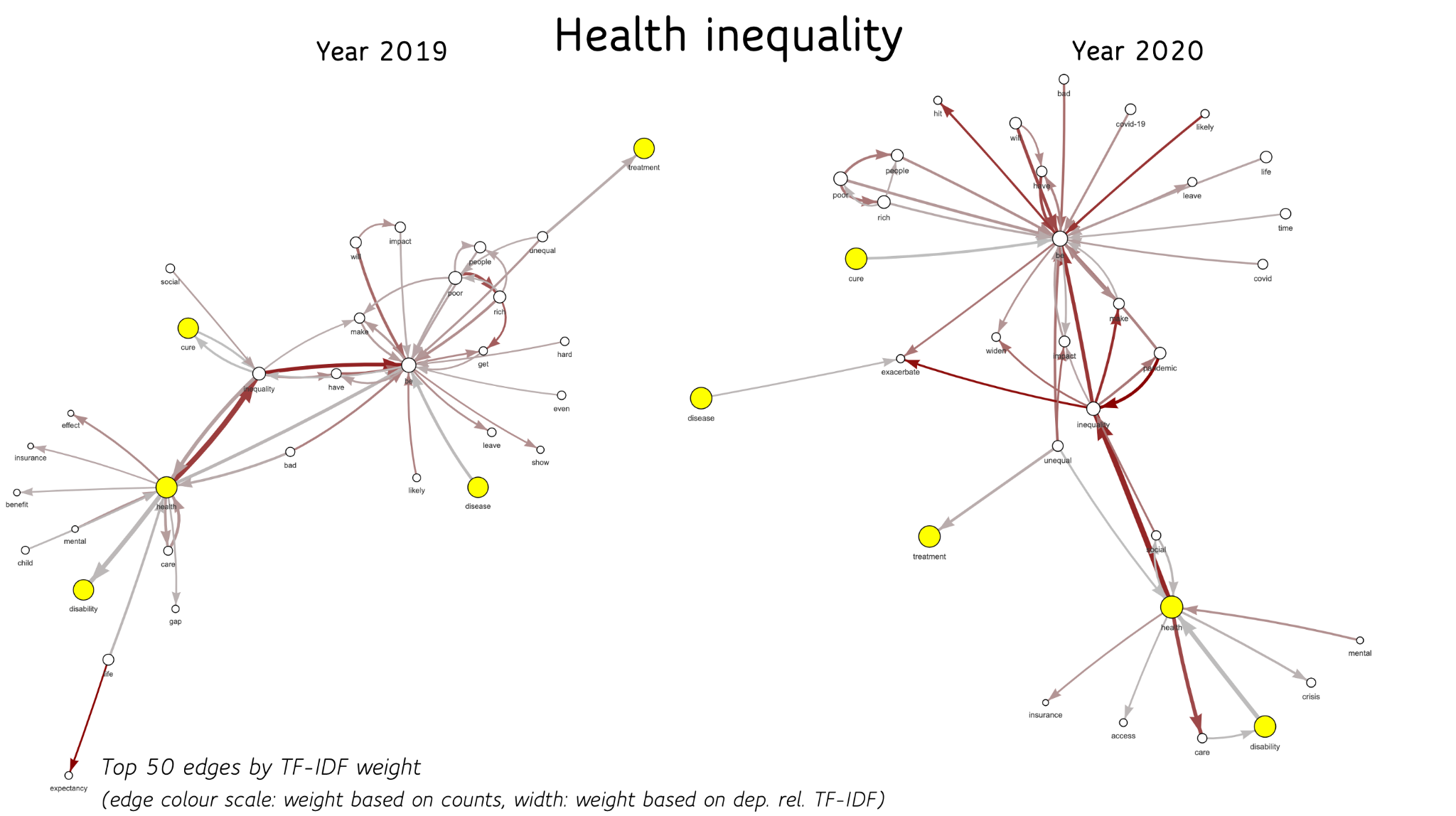
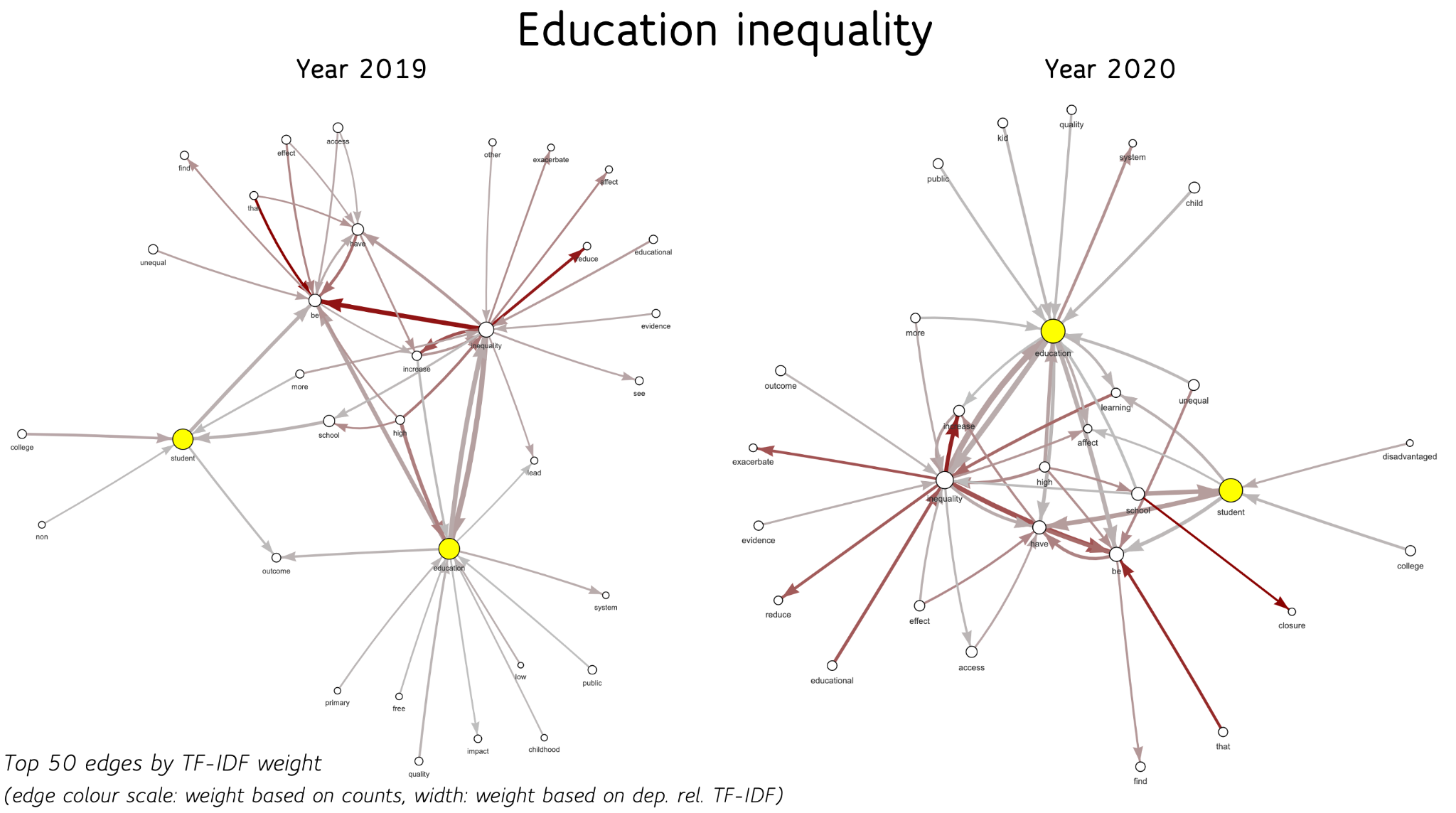 Figure 7: Topic-specific word relations networks for Health Inequality and Education Inequality, the networks were filtered keeping only top 50 edges (i.e., word-relations) by TF-IDF weight. In yellow: topic-specific seed words.
Figure 7: Topic-specific word relations networks for Health Inequality and Education Inequality, the networks were filtered keeping only top 50 edges (i.e., word-relations) by TF-IDF weight. In yellow: topic-specific seed words.
By comparing the two Health inequality networks, we observe that new words, and word relations related to COVID-19 emerge among the top 50 edges in 2020, like the relation between disease and exacerbate, referring to how the COVID-19 disease exacerbates existing health inequalities. Similarly, we notice that the relation between school and closure emerges in the top 50 relations network (year 2020) for the Education inequality topic. Highlighting the relevance of narratives about the effect of school closures in discussions about education inequalities.
While limited in terms of size of the dataset and applied methods, this preliminary analysis allows us to partially unveil the enormous potential offered by social media data, which will be used by MUHAI to understand more in depth scholars’ narratives and debates about inequalities.
References:
[1] Topriceanu, C.C., Wong, A., Moon, J.C., Hughes, A.D., Bann, D., Chaturvedi, N., Patalay, P., Conti, G. and Captur, G., 2021. Evaluating access to health and care services during lockdown by the COVID-19 survey in five UK national longitudinal studies. BMJ open, 11(3), p.e045813.
[2] Santagiustina C.R.M.A., 2021. How RePEc economists conceptualise and discuss inequalities on Twitter. Working Paper.
[3] Santagiustina C.R.M.A., 2021. From Narrative Economics to Economists' Narratives. MUHAI Cognitive Foundations deliverable (forthcoming).
[4] Minello G., Santagiustina C.R.M.A., Warglien M., 2021. LDA2Net: Digging under the surface of COVID-19 topics in scientific literature. Arxiv preprint arXiv:2112.01181v.
* This article contains excerpts and figures from the preprint versions of the following works:
- Santagiustina C.R.M.A., 2021. How RePEc economists conceptualise and discuss inequalities on Twitter. Working Paper.
- Santagiustina C.R.M.A., 2021. From Narrative Economics to Economists' Narratives. MUHAI Cognitive Foundations deliverable (forthcoming)
More Articles
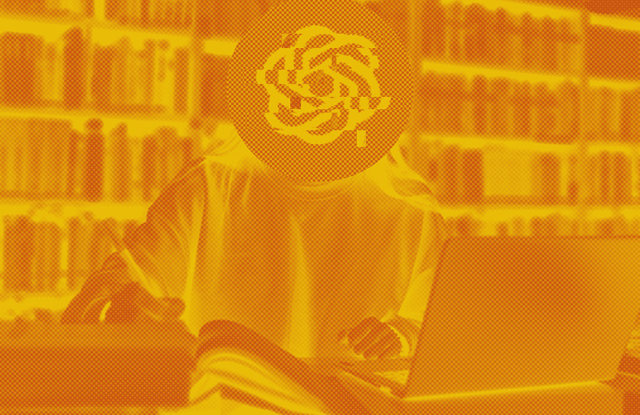
Study without ChatGPT… to work more wisely with AI
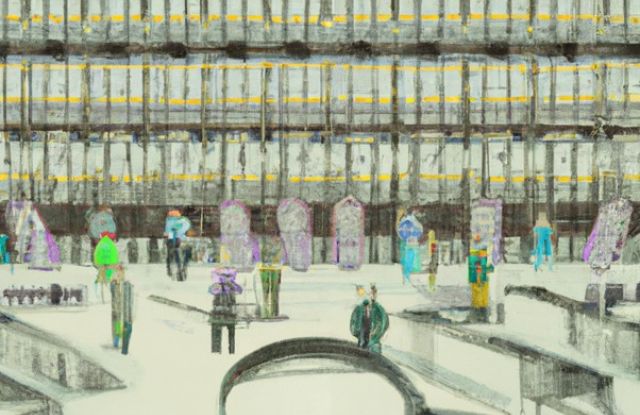
From digital archives to online observatories, the peaks and chasms of social-media based research Pt.3
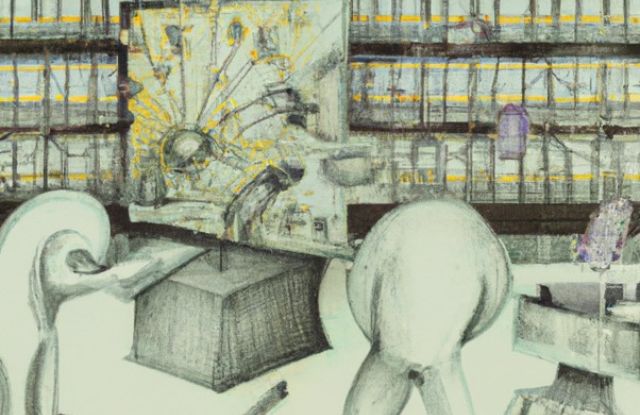
From digital archives to online observatories, the peaks and chasms of social-media based research Pt.2

From digital archives to online observatories, the peaks and chasms of social-media based research Pt.1
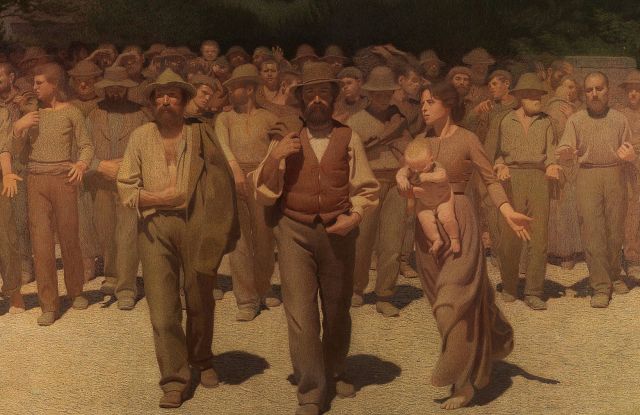
A Digital Assistant for Scientific Discovery in the Social Sciences and Humanities

Narrativizing Knowledge Graphs
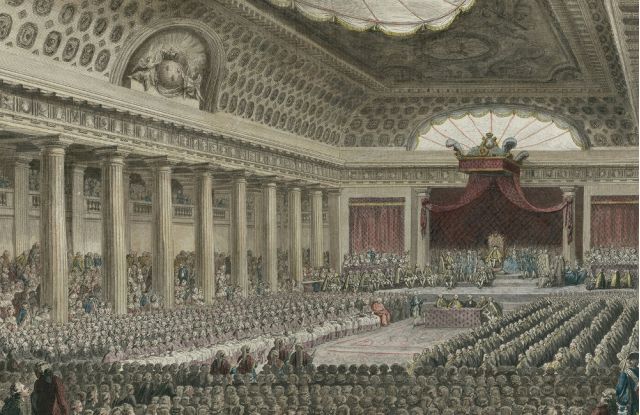
Making sense of events within a story
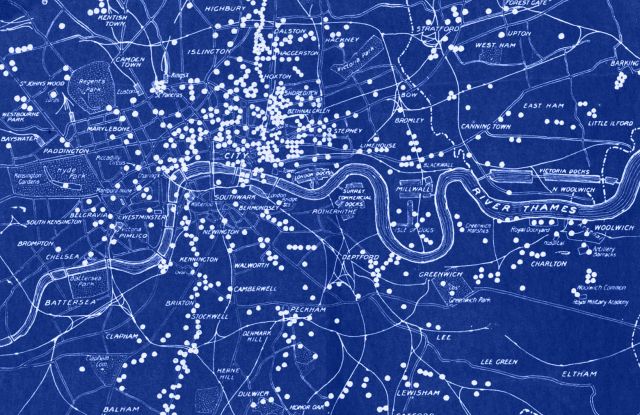
Talking (online) about inequality: Towards an observatory on inequality narratives
